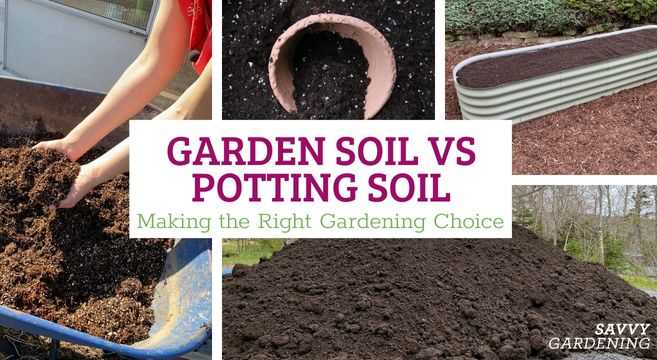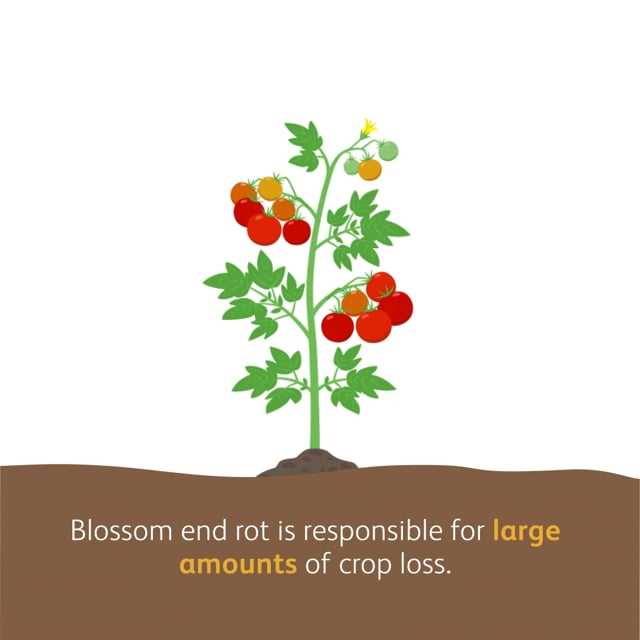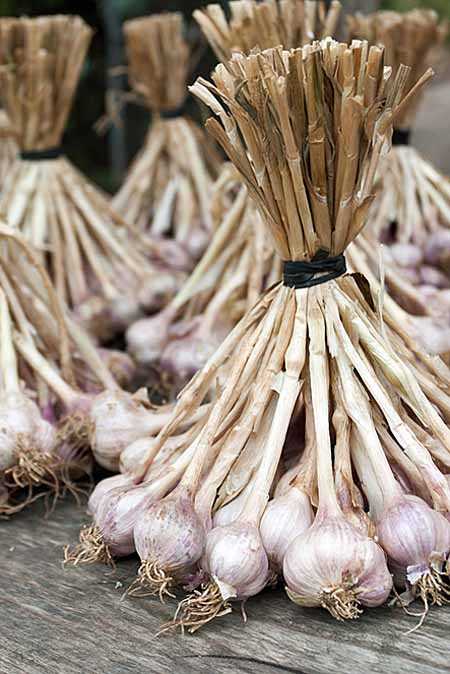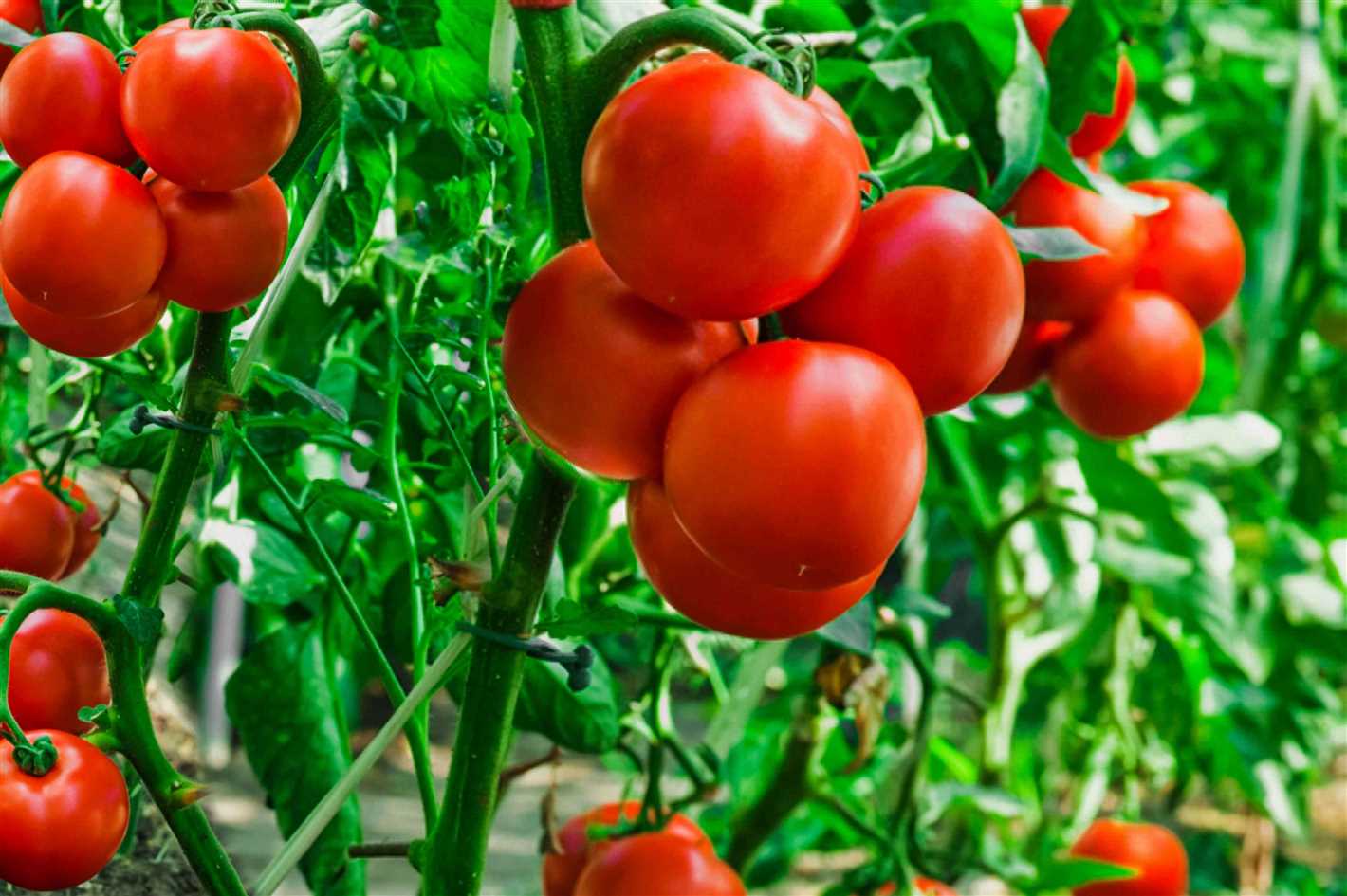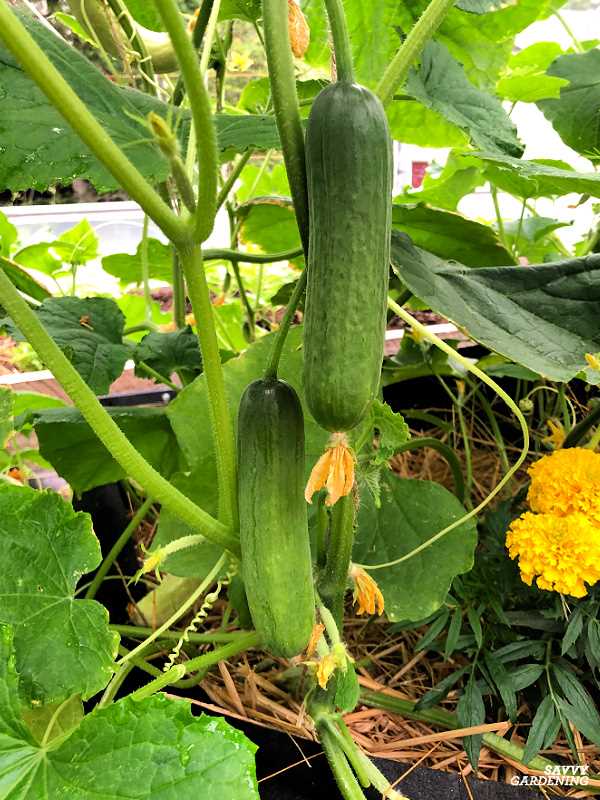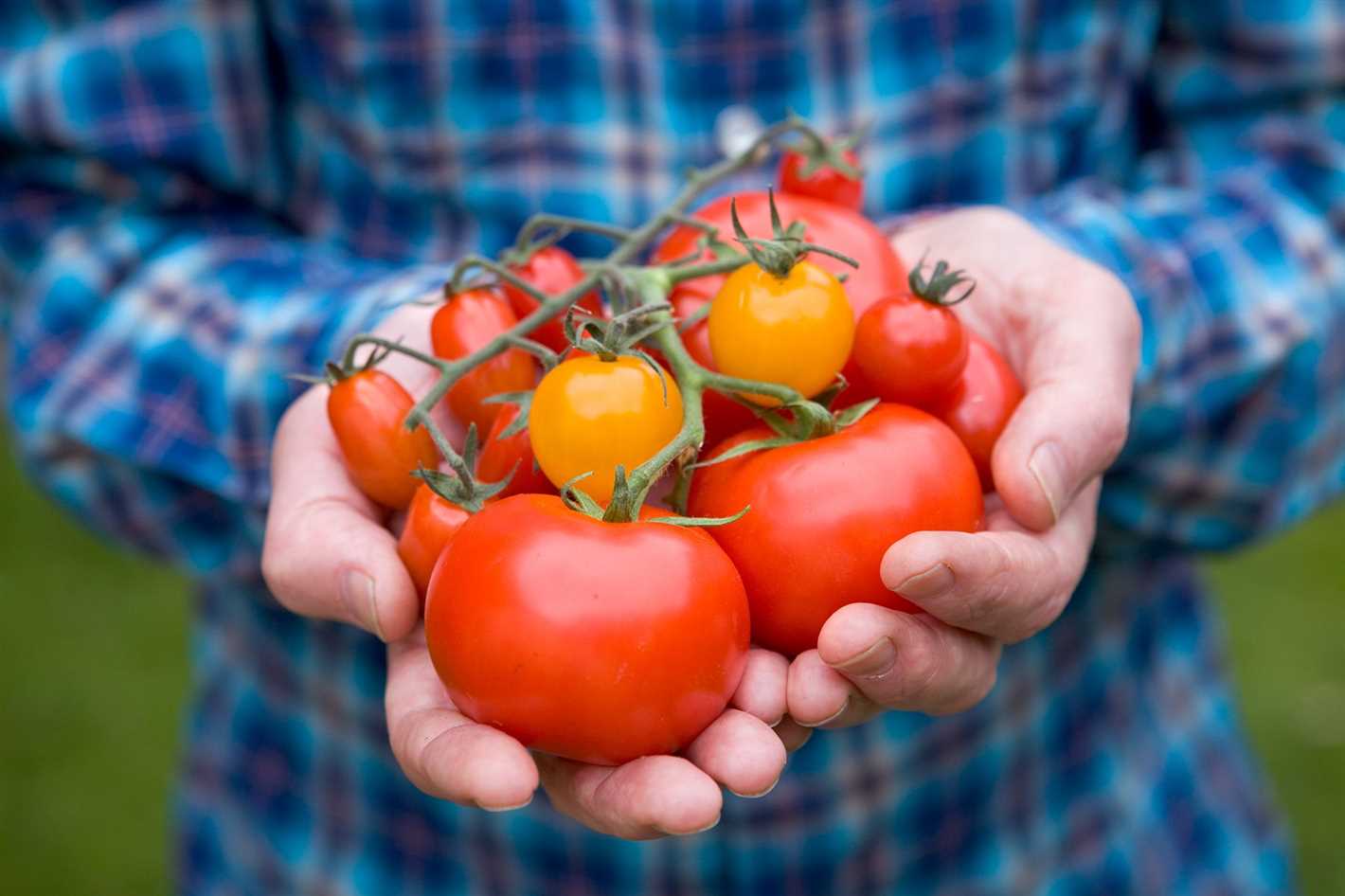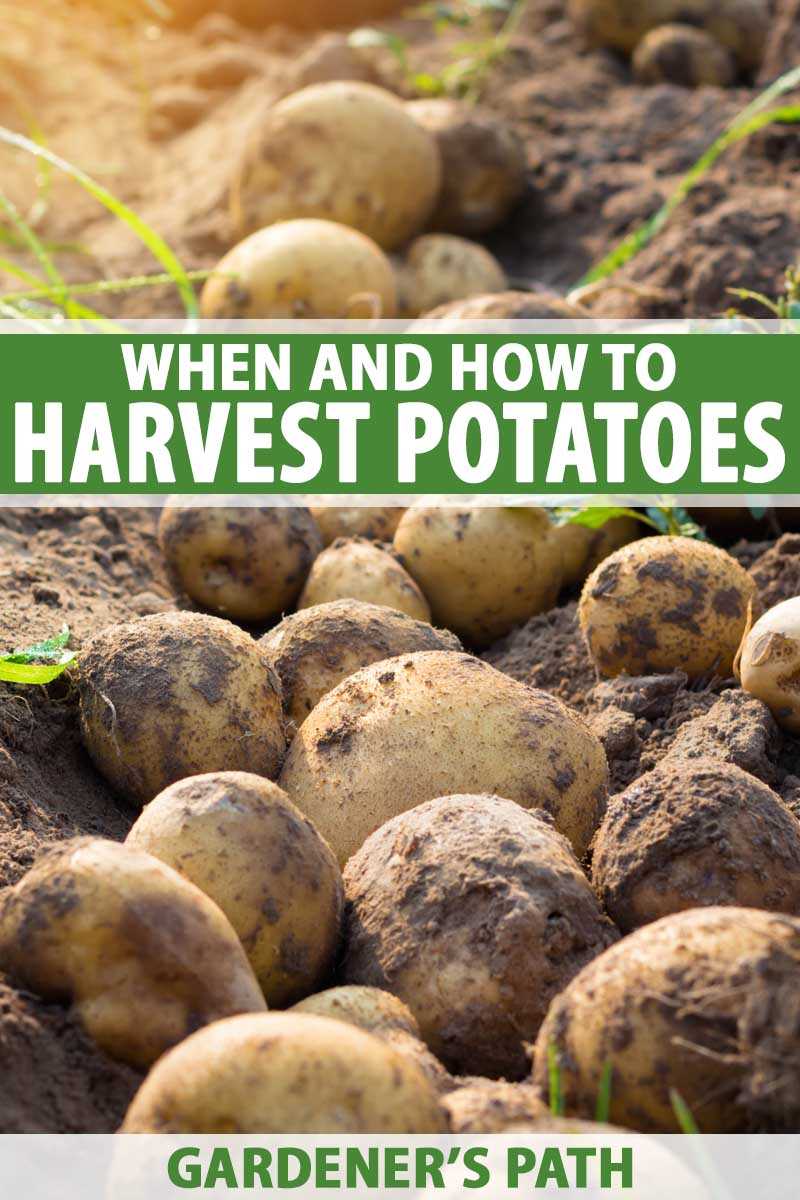- Cost Comparison
- 1. Initial Investment
- 2. Maintenance Costs
- 3. Time and effort
- 4. Yield
- 5. Quality
- Conclusion:
- Initial Investment
- Investment required for growing your own potatoes:
- Investment required for purchasing potatoes:
- Consideration factors:
- Time and Effort
- Quality Control
- Consistency
- Taste and Texture
- Environmental Impact
- 1. Carbon Footprint
- 2. Water Usage
- 3. Pesticide Use
- 4. Biodiversity
- 5. Food Waste
- Convenience
- “Question-Answer”
- Is growing your own potatoes cost-effective?
- Is it worth the time and effort to grow potatoes instead of buying them?
- What are the benefits of growing your own potatoes?
- What factors should I consider before deciding whether to grow my own potatoes or buy them?
- Are there any disadvantages to growing your own potatoes?
- Is it possible to grow potatoes in small spaces, like balconies or containers?
- “Video” Try this Potato growing method now, you’ll never have to buy Potatoes again
When it comes to potatoes, many people debate whether it is more cost-effective to grow their own or to purchase them from a store. The answer to this question largely depends on various factors, including the location, the cost of seeds or young plants, the availability of space, and the time and effort required for cultivation.
Growing your own potatoes can be a rewarding experience. Not only can you enjoy the satisfaction of harvesting your own produce, but you can also potentially save money in the long run. By growing your own potatoes, you eliminate the cost of purchasing them from a store, which can add up over time. Additionally, if you choose organic or heirloom varieties, you may also save money on expensive organic or specialty potatoes that are often priced higher.
However, growing potatoes also requires an investment of time, effort, and resources. You will need to prepare the soil, plant the potatoes, water and fertilize them regularly, and take measures to prevent pests and diseases. Depending on the size of your garden or the space available, you may also need to invest in containers or raised beds, which can add to the cost.
On the other hand, purchasing potatoes from a store offers convenience and saves you the time and effort required for cultivation. However, it may not be as cost-effective in the long run, especially if you consume potatoes regularly. The cost of purchasing potatoes can vary depending on the location, quality, and variety. Additionally, store-bought potatoes may be treated with pesticides, have a shorter shelf life, and lack the freshness and flavor of homegrown potatoes.
In conclusion, whether it is more economically sound to grow your own potatoes or to purchase them depends on your personal circumstances and preferences. While growing your own may save you money and provide a sense of satisfaction, it requires an investment of time and resources. On the other hand, purchasing potatoes from a store offers convenience, but may not be as cost-effective in the long run. Ultimately, the decision boils down to factors such as the cost of seeds, availability of space, and the value you place on homegrown produce.
Cost Comparison
When considering whether it is more economically sound to grow your own potatoes or to purchase them, it is important to compare the costs involved in both options. Here is a comparison of the expenses associated with each:
1. Initial Investment
Growing your own potatoes requires an initial investment in terms of purchasing seeds or seed potatoes, as well as any necessary gardening equipment such as pots or a garden bed. The cost of these items can vary based on the quantity and quality you choose, but it is generally a one-time expense.
Purchasing potatoes, on the other hand, does not require any initial investment beyond the cost of buying the potatoes themselves. You can simply go to the grocery store or farmer’s market and purchase the quantity you need at the prevailing market price.
2. Maintenance Costs
Growing your own potatoes involves ongoing maintenance costs. This includes the cost of soil, fertilizer, water, and any pest control measures you may need to take. Additionally, if you are growing potatoes in pots, you may need to invest in potting soil and containers.
When purchasing potatoes, you will not have any maintenance costs beyond the cost of transportation to get them home from the store.
3. Time and effort
Growing your own potatoes requires a significant amount of time and effort. You will need to prepare the soil, plant the potatoes, water and fertilize them regularly, and monitor for pests or diseases. Harvesting potatoes also takes time and effort.
Purchasing potatoes is much more convenient in terms of time and effort. You can simply go to the store and pick up the potatoes you need without having to invest any time or physical labor.
4. Yield
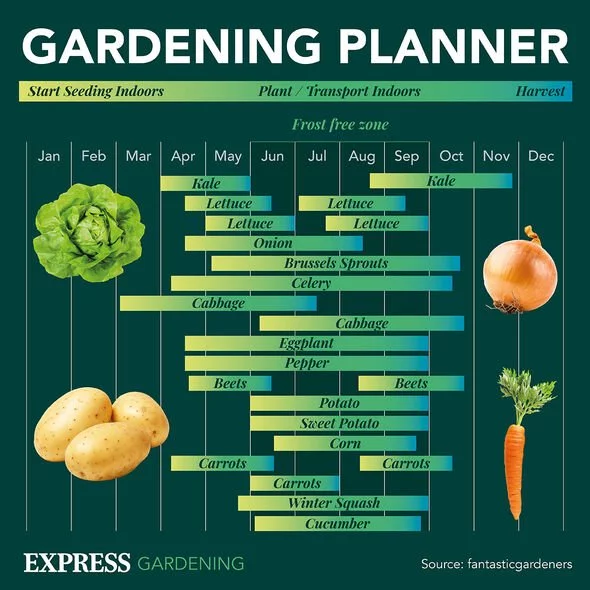
The yield of potatoes when growing your own can vary depending on various factors such as growing conditions, pest control, and gardening experience. However, on average, you can expect a decent yield from a potato plant.
When purchasing potatoes, you know exactly how much you are getting and can choose the quantity that suits your needs.
5. Quality
When growing your own potatoes, you have control over the quality of the potatoes. You can choose to grow them organically or use specific fertilizers to enhance their taste and nutritional value.
Purchasing potatoes means relying on the quality provided by the store or producer. You may not have control over how they were grown and the chemicals or pesticides used.
Conclusion:
In conclusion, growing your own potatoes can save you money in the long run, but it requires an investment of time, effort, and ongoing costs for maintenance. Purchasing potatoes may be more convenient and does not require any initial investment, but you may have less control over the quality and growing methods. The decision ultimately depends on your personal preferences, available resources, and willingness to invest in the process of growing your own food.
Initial Investment
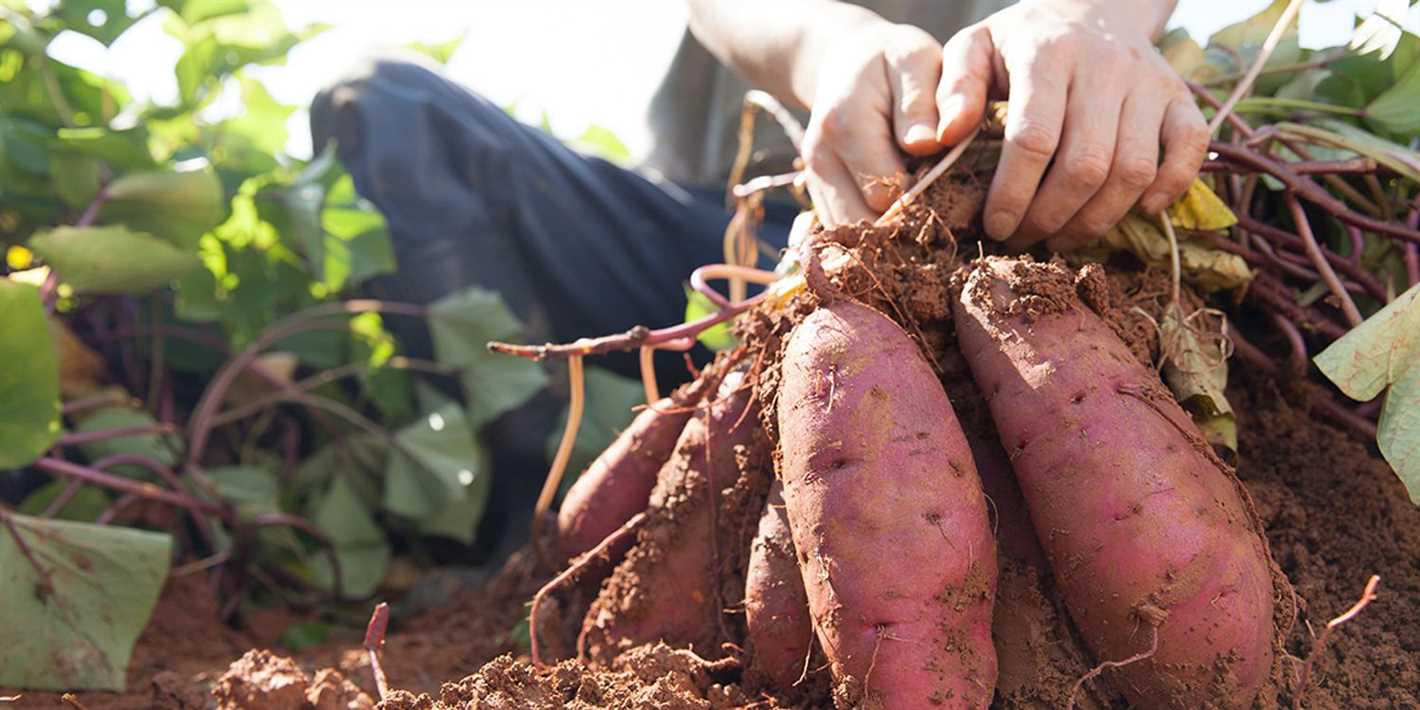
When comparing the economic soundness of growing your own potatoes versus purchasing them, it is essential to consider the initial investment required for each option. Growing potatoes at home involves some upfront costs, while buying them from a store only requires the purchase price.
Investment required for growing your own potatoes:
- Seeds or seed potatoes: To start growing potatoes, you need to obtain the seeds or seed potatoes. This initial investment can vary depending on the variety and quantity you wish to grow.
- Gardening tools and equipment: Growing potatoes typically requires basic gardening tools such as a shovel, a hoe, and a watering can. If you don’t already have these tools, you will need to budget for them.
- Soil preparation: Ensuring your soil is suitable for growing potatoes may involve amending it with compost or fertilizers. The cost of these soil amendments should also be taken into account.
- Garden space: If you don’t have a suitable garden space, you may need to invest in containers or raised beds, which can add to the initial cost.
Investment required for purchasing potatoes:
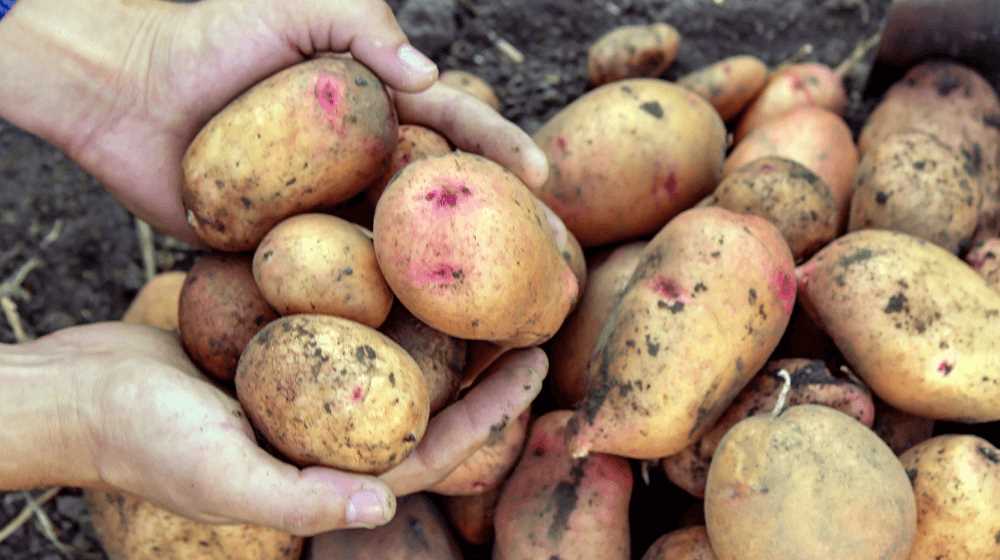
When purchasing potatoes, your initial investment is simply the cost of buying them from a store or farmers market. This cost can vary depending on factors such as the type of potato, its quality, and the quantity you need. However, this investment is typically lower compared to the expenses associated with growing your own potatoes.
Consideration factors:
When deciding whether to grow your own potatoes or purchase them, it’s important to consider the following factors related to the initial investment:
- Time: Growing potatoes requires time and effort, from preparing the soil to planting, watering, and maintaining the plants. If you have a busy schedule or limited free time, the initial investment may not be worth it.
- Space: Growing potatoes in your own garden requires adequate space. If you live in an apartment or don’t have access to a suitable garden area, the initial investment in containers or raised beds may be necessary.
- Desired quantity: If you only need a small amount of potatoes, it may be more cost-effective to purchase them. Growing your own potatoes becomes more economically viable when you require larger quantities.
Ultimately, the decision between growing your own potatoes and purchasing them depends on your personal circumstances, time availability, and desired quantity. While growing your own potatoes can provide a sense of satisfaction and potentially save money in the long run, the initial investment required may outweigh the immediate benefits for some individuals.
Time and Effort
Growing your own potatoes requires a significant amount of time and effort. From preparing the soil to planting, watering, and harvesting the potatoes, there are various tasks that need to be done throughout the growing season.
Preparation: Before planting potatoes, you need to prepare the soil by removing weeds, loosening the soil, and adding compost or fertilizer to provide the necessary nutrients. This process can be time-consuming, especially if you have a large area to prepare.
Planting: Once the soil is prepared, you need to plant the potato tubers at the right depth and spacing, ensuring that each potato has enough room to grow. This task requires careful attention to detail and can take some time, depending on the number of potatoes you are planting.
Watering: Potatoes require consistent moisture to grow properly, so you need to ensure they are watered regularly. This may involve setting up a proper irrigation system or manually watering the plants, both of which can be time-consuming tasks.
Weeding: Weeds can compete with potatoes for nutrients and water, so it’s important to regularly remove any weeds that sprout in the potato beds. This can be a time-consuming task, especially if you have a large area or if weeds are persistent.
Harvesting: When the potatoes are ready for harvesting, you need to manually dig them out of the ground. Depending on the size of your potato patch, this can be a labor-intensive process, requiring time and effort to carefully unearth the potatoes without damaging them.
Storage: After harvesting, you need to properly store the potatoes to prevent them from spoiling. This may involve curing the potatoes and finding a cool, dark place to store them, which can require additional time and effort.
All of these tasks associated with growing potatoes require a significant investment of time and effort. If you lead a busy lifestyle or do not have the necessary skills and resources to maintain a potato patch, it may be more economically sound to purchase potatoes from a store or local market.
Quality Control
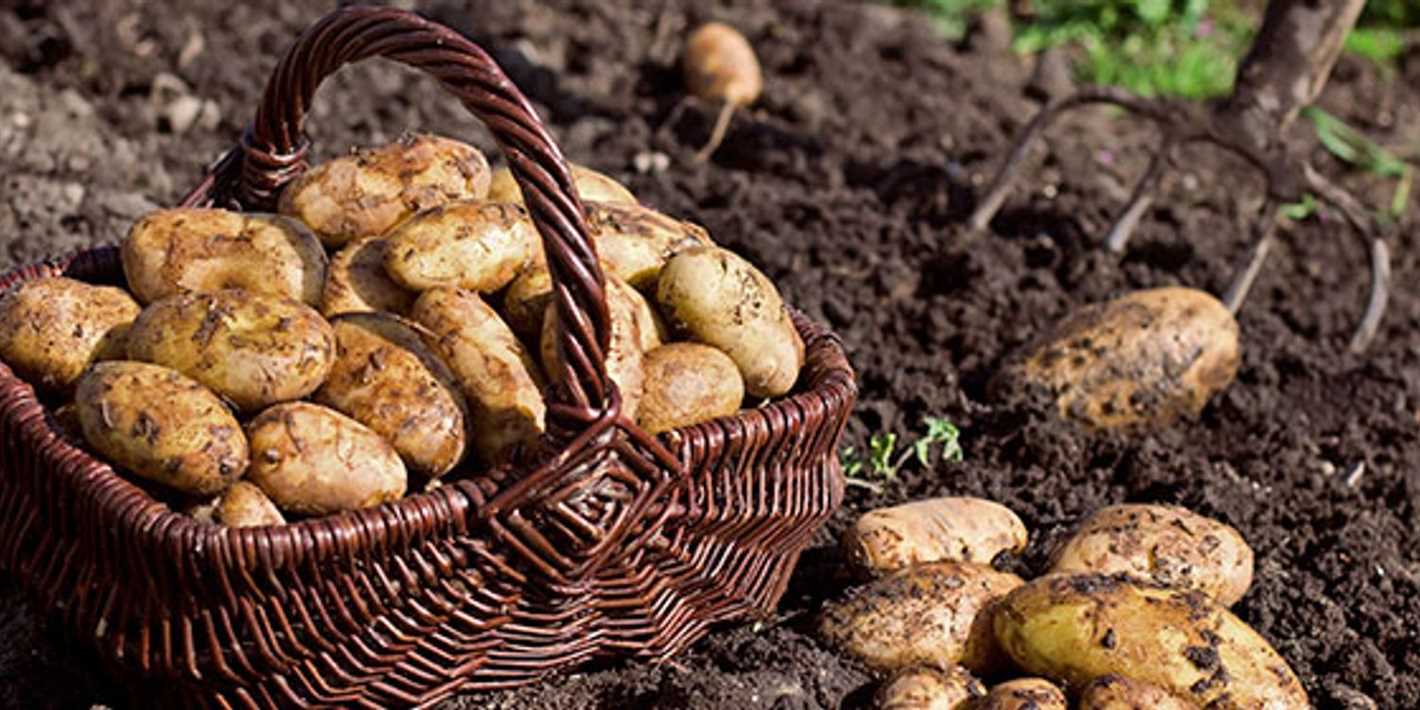
When it comes to growing your own potatoes, you have direct control over the quality of the product. By carefully selecting the right seed potatoes and providing them with proper care, you can ensure that you are growing high-quality potatoes. This means you can choose the variety that best suits your taste and cooking needs, ensuring a superior end product.
On the other hand, when purchasing potatoes, you are reliant on the standards and practices of the producer. While there are regulations in place to ensure quality control, there is always a chance that you may end up with potatoes that are of lower quality. This could be due to factors such as improper storage, handling, or even the use of pesticides or other chemicals.
By growing your own potatoes, you also have the advantage of knowing exactly how they were grown. You can choose to use organic methods, avoiding the use of chemical fertilizers or pesticides. This can give you peace of mind knowing that your potatoes are free from any potentially harmful substances.
Consistency
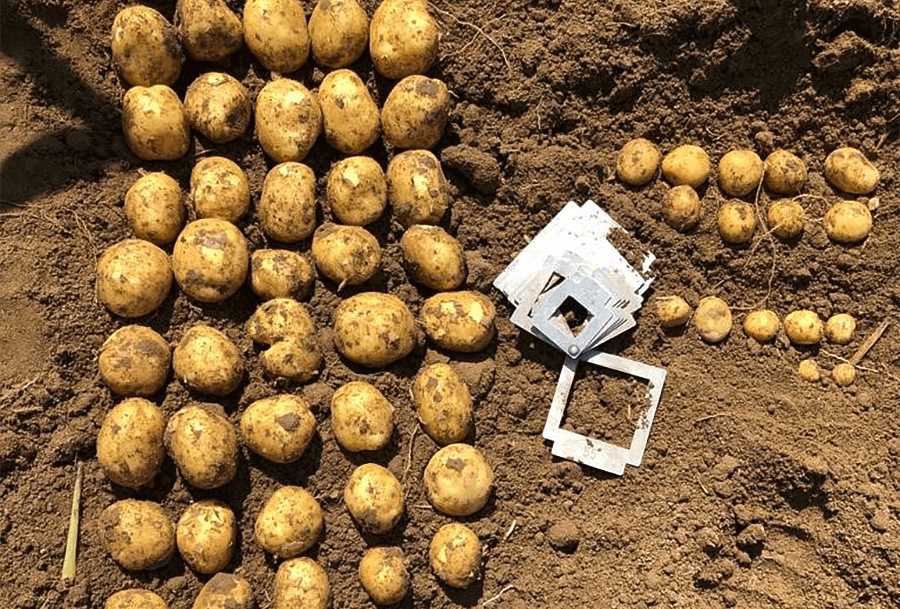
When purchasing potatoes, there can be some degree of inconsistency in terms of size, shape, and appearance. This can make it difficult to obtain uniform results when cooking or using the potatoes in recipes. In contrast, when growing your own potatoes, you have more control over the size and shape of the tubers. This can help ensure consistency in your cooking and enhance the overall presentation of your dishes.
Taste and Texture
One of the major advantages of growing your own potatoes is the superior taste and texture they can offer. Freshly harvested potatoes have a distinct flavor that is often described as richer and more intense than store-bought ones. This is because the sugars in the potatoes convert to starch over time, affecting the taste. Additionally, homegrown potatoes tend to have a creamier texture compared to store-bought ones, which can be more starchy or watery.
Overall, growing your own potatoes allows for greater control over the quality, consistency, taste, and texture of the final product. While there may be additional costs and effort involved in growing your own, the benefits in terms of superior potatoes can certainly make it economically sound.
Environmental Impact
When considering the environmental impact of growing your own potatoes versus purchasing them, several factors come into play.
1. Carbon Footprint
Growing your own potatoes can have a lower carbon footprint compared to purchasing them from a grocery store. When you grow your own potatoes, you eliminate the carbon emissions associated with transportation and the use of fossil fuels to transport potatoes to the store and then to your home. Additionally, growing your own potatoes allows you to reduce reliance on industrial farming practices, which often involve the use of pesticides and fertilizers that contribute to greenhouse gas emissions.
2. Water Usage
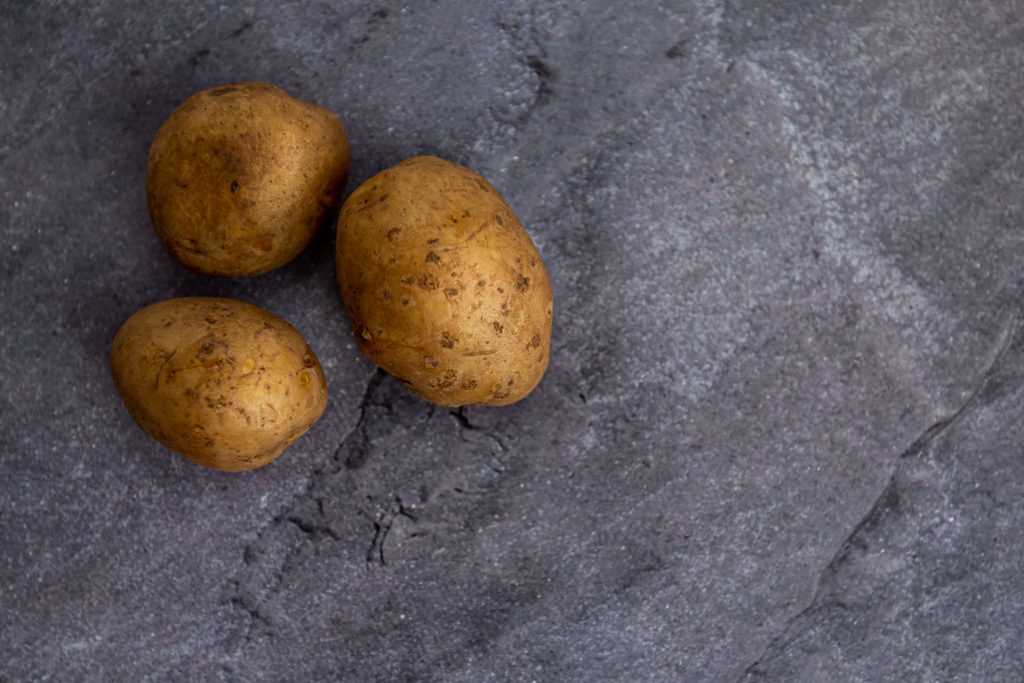
Growing potatoes at home can also potentially reduce water usage compared to purchasing them from a store. Commercial potato farming often involves large-scale irrigation systems that require significant amounts of water. By growing your own potatoes, you have more control over water usage and can implement water-saving practices such as using rainwater or efficient irrigation methods.
3. Pesticide Use
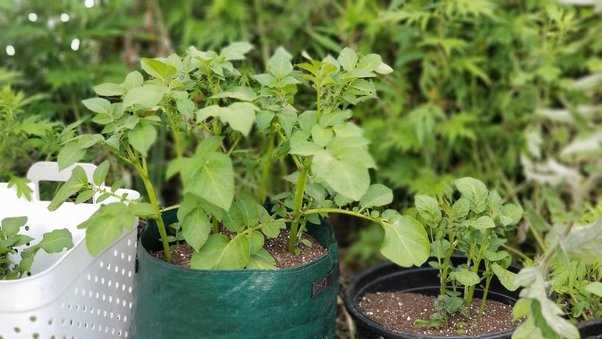
When you grow your own potatoes, you have the option to use organic and pesticide-free methods. This reduces the overall use of pesticides, which can be harmful to the environment and ecosystems. Commercial potato farming often relies on synthetic pesticides, which can contaminate water sources and harm beneficial insects and organisms.
4. Biodiversity
Growing your own potatoes can contribute to biodiversity by creating a diverse garden ecosystem. By providing a habitat for beneficial insects, birds, and other wildlife, you can help promote a healthy and balanced environment. Commercial potato farming, on the other hand, may lead to monocultures, which negatively impact biodiversity by reducing habitat diversity and increasing the risk of pest outbreaks.
5. Food Waste
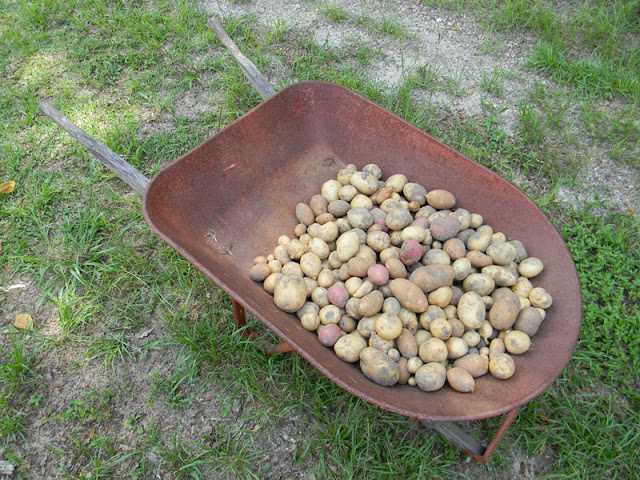
When you grow your own potatoes, you can reduce food waste by harvesting only what you need. This can help minimize the amount of potatoes that end up in landfills, contributing to methane emissions. On the other hand, purchasing potatoes from a store may result in excess potatoes being discarded if they are not consumed before spoiling.
| Factors | Growing Your Own Potatoes | Purchasing Potatoes |
|---|---|---|
| Carbon Footprint | Lower | Higher |
| Water Usage | Potentially lower | Higher |
| Pesticide Use | Lower (if using organic methods) | Higher (often involves synthetic pesticides) |
| Biodiversity | Positive impact | Negative impact (monocultures) |
| Food Waste | Lower (harvest only what you need) | Potential for higher waste |
In conclusion, growing your own potatoes can have a more positive environmental impact compared to purchasing them from a store. It can reduce carbon emissions, water usage, pesticide use, and promote biodiversity. Additionally, it can help minimize food waste. However, it is important to note that the environmental impact may vary depending on individual gardening practices and the use of sustainable methods.
Convenience
One of the major factors to consider when deciding whether to grow your own potatoes or purchase them is convenience.
Growing your own potatoes can be a time-consuming process that requires a significant amount of effort and attention. You will need to prepare the soil, plant the potatoes, regularly water and fertilize them, and protect them from pests and diseases. This can take up a significant amount of your time and energy, especially if you have a busy schedule or lack experience in gardening.
On the other hand, purchasing potatoes from a store or market is much more convenient. You can simply walk into a store, pick up a bag of potatoes, and be on your way. This can be especially beneficial for individuals who have limited time or do not have access to suitable gardening space.
Additionally, purchasing potatoes allows you to have a wide variety of options. You can choose from different types of potatoes, such as russet, red, or Yukon gold, depending on your preferences. This variety may not be available if you are growing your own potatoes, as you may be limited to the types that are suitable for your climate and growing conditions.
In terms of convenience, purchasing potatoes is often the preferred option for many individuals. It saves time, energy, and provides a greater variety of options to choose from.
“Question-Answer”
Is growing your own potatoes cost-effective?
Yes, growing your own potatoes can be cost-effective. By growing your own potatoes, you eliminate the cost of purchasing potatoes from the store. Additionally, you have control over the use of pesticides and fertilizers, which can also save you money.
Is it worth the time and effort to grow potatoes instead of buying them?
It depends on your personal circumstances and preferences. Growing potatoes requires time and effort, such as preparing the soil, planting the seeds, watering, and harvesting. Some people enjoy the process and find it rewarding, while others prefer the convenience of purchasing potatoes from the store. Ultimately, you should consider the value you place on the experience of growing your own food and weigh it against the time and effort involved.
What are the benefits of growing your own potatoes?
There are several benefits to growing your own potatoes. Firstly, you have control over the quality of the potatoes. You can choose organic methods and avoid the use of pesticides and chemicals. Secondly, you can save money by eliminating the need to buy potatoes from the store. Moreover, growing your own potatoes can be a satisfying and rewarding experience that allows you to connect with nature and be more self-sustainable.
What factors should I consider before deciding whether to grow my own potatoes or buy them?
Before deciding whether to grow your own potatoes or buy them, you should consider several factors. Firstly, evaluate your time and availability. Growing potatoes requires regular maintenance and attention. Secondly, consider your gardening skills and resources. Do you have the necessary tools and knowledge to grow potatoes successfully? Additionally, consider the cost of purchasing potatoes from the store compared to the potential savings from growing your own. Lastly, think about the value you place on the experience of growing your own food and the satisfaction it brings.
Are there any disadvantages to growing your own potatoes?
While there are many advantages to growing your own potatoes, there are also some disadvantages to consider. Firstly, growing potatoes requires time and effort. If you have a busy schedule or lack gardening experience, it may be challenging to maintain and care for your potato plants. Secondly, there is a risk of pests and diseases damaging your potato crop. Lastly, the initial investment for seeds, equipment, and soil amendments may be higher than the cost of purchasing potatoes from the store.
Is it possible to grow potatoes in small spaces, like balconies or containers?
Yes, it is possible to grow potatoes in small spaces like balconies or containers. Potatoes are versatile plants that can be cultivated in various ways. You can grow them in large containers, buckets, bags, or even stacked bins. It is important to choose a variety of potatoes that is suitable for container gardening and provide them with enough soil, water, and sunlight. With proper care and attention, you can successfully grow potatoes in small spaces.
